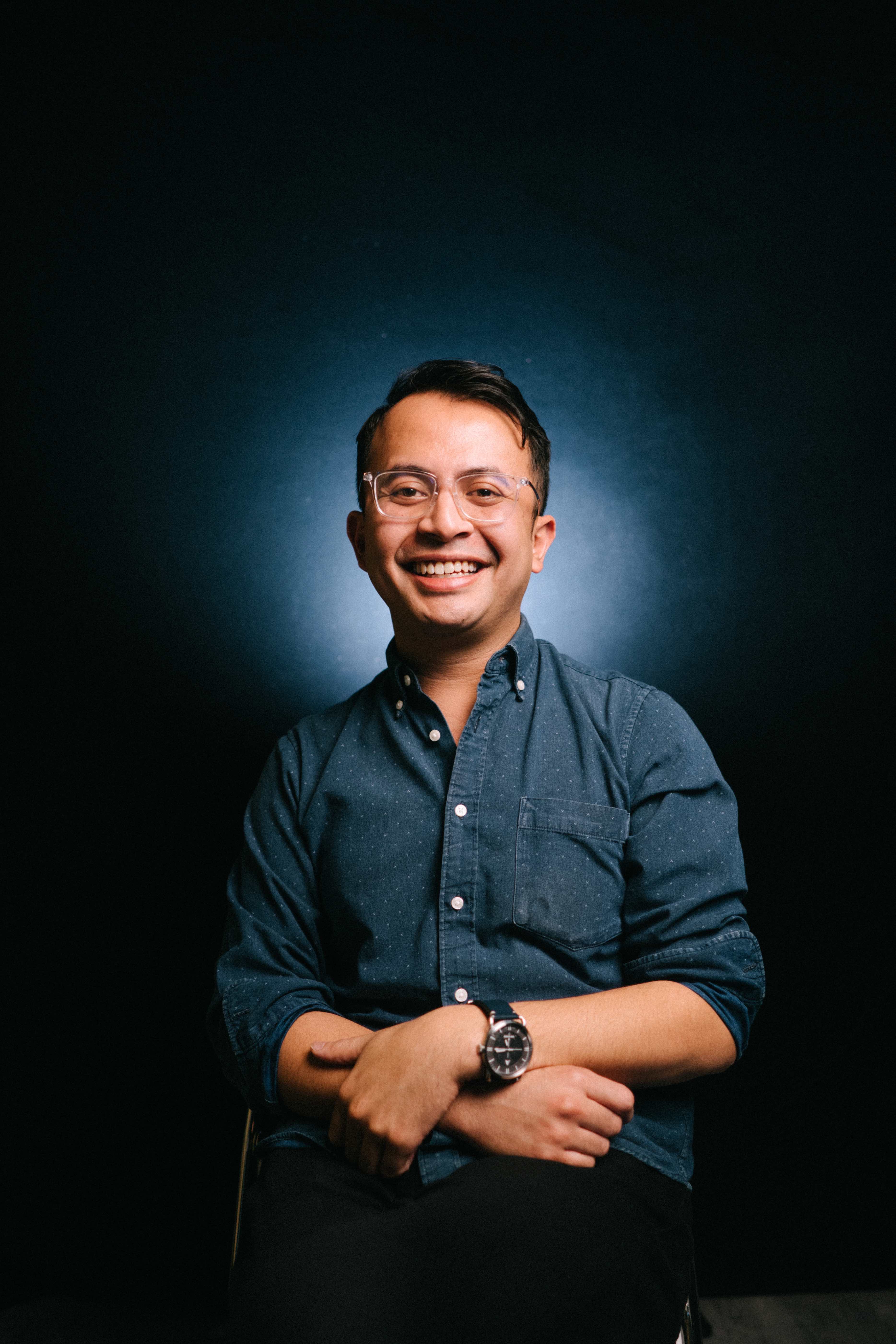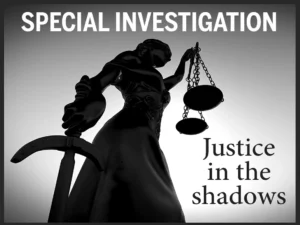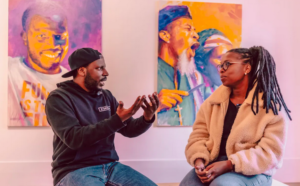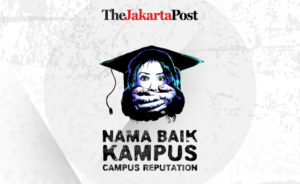The Road to Radicalisation is a story told of ‘Hani’, a wife and mother of three children whose husband, ‘Azmi’, gets caught and charged for terrorist activities related to IS or Daesh. Hani is candid in telling us her entire story from how Azmi first got involved, persuading her to move to Syria, right till his arrest.
When people think of producing a documentary, the thing that always comes to mind is the extensive shooting, recording and editing process. But rarely do people think about the commitment that the documentarians make towards finding the right subject and then gaining their trust.
The Road to Radicalisation is a story that Ezra Zaid and I told of ‘Hani’, a wife and mother of three children whose husband, ‘Azmi’, gets caught and charged for terrorist activities related to IS or Daesh. Hani is candid in telling us her entire story from how Azmi first got involved, persuading her to move to Syria, right till his arrest.
It took me a while to identify Hani. Ten months to be exact. Ezra and I tried to make contact with ex-detainees, current supposedly active ‘terrorists’ and even their lawyers, but were never successful. We came close several times, but when it came down to going on the record, these people would always back out and bail.
It was frustrating. Then, on the tenth month, I met Hani.
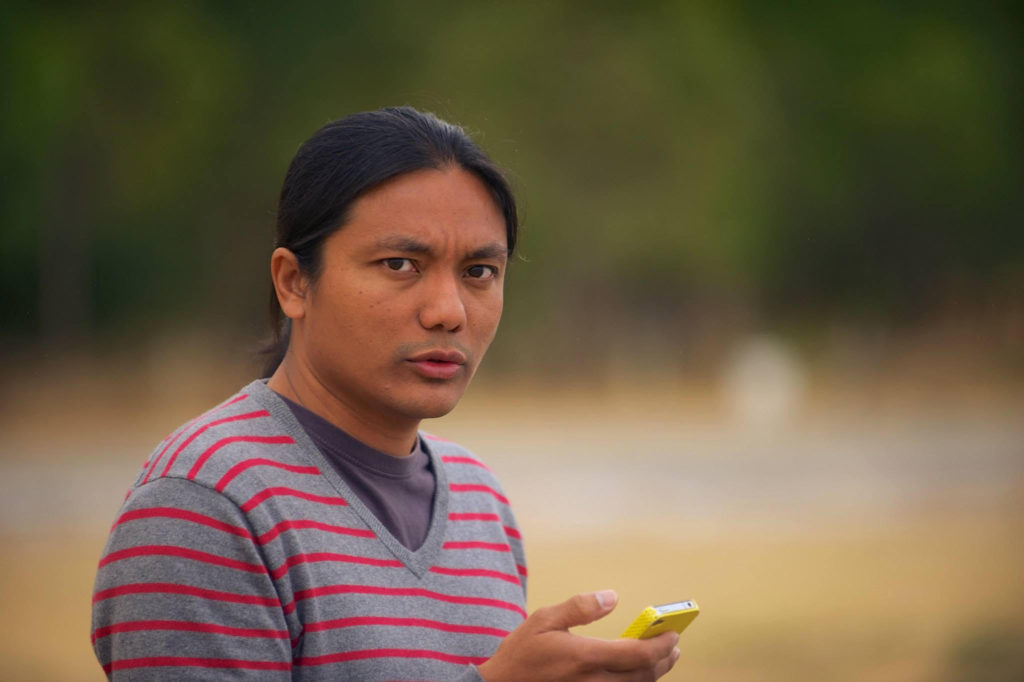
A friend who works at an NGO that provides legal assistance to those who can’t afford it contacted me and said that he might have someone who would be willing to talk to me. It was a woman whose husband had recently been arrested for being involved in IS. He explained to me her story and I got the number and the next day, I gave her a call.
Hani was very hostile in the beginning. She yelled and screamed at me accusing me of wanting to take advantage of her story to make money. She even threatened to sue. I let her cool off for a day then I texted her politely and continues to explain why we thought it was important to tell her story and how it would benefit others.
I almost gave up. But then, after a week, I get a call from her. I answered the phone excitedly and then she started talking. She said she had done some research (ie: Google) and found out that I actually am a journalist and that she was impressed by my anti-establishment viewpoints.
Then, Hani said that she had spoken to her best friend about the documentary and that we wanted to interview her. She told her friend my name and, lo and behold, her friend and I were friends back in university! Her friend told her that I can be trusted and that she should tell us her story. That did it and Hani agreed! What luck!
And that’s how we got the story to The Road to Radicalisation. Hani didn’t hold back and told us everything. We hear how she disagreed with her husband and fought with him, how her children suffered after his arrest and how she is conflicted in disagreeing with her husband and still loving him and wanting to be a loyal wife.
She tells us all this in hopes that it will help people to understand how to fight extremism and how to deal with the situation of losing a loved one to it as well. Now, aside from the documentary being broadcast on radio and available online, it is also being brought on tour around the various universities in Malaysia.
We engage with students after screening the documentary and we discuss issues related to religious extremism, conflict, and indirectly, multiculturalism, pluralism and human understanding. These screenings and discussions have become a safe space where these students are able to speak and have discourse without prejudice or being judged.
Since the programme was broadcast on BFM89.9, the Southeast Asia Regional Centre for Counter-Terrorism (SEARCCT) under the Malaysian Ministry of Foreign Affairs got in touch with us to explore the possibility of showcasing the Road to Radicalisation documentary with their respective collaborators. This included a request from the Malaysian Prisons Department, who expressed interest in airing the programme to prison detainees as a part of their rehabilitation programme.
This is something we, the documentarians, and Hani are extremely proud of.
This story by Zan Azlee and Ezra Zaid was originally published as an online podcast by BFM 89.9 on 4 October, 2018.
Now, aside from the documentary being broadcast on radio and available online, it is also being brought on tour around the various universities in Malaysia.
We engage students after screening the documentary and we discuss issues related to religious extremism, conflict, and indirectly, multiculturalism, pluralism and human understanding. These screenings and discussions have become a safe space where these students are able to speak and have discourse without prejudice or being judged.
Since the programme was broadcast on BFM89.9, the Southeast Asia Regional Centre for Counter-Terrorism (SEARCCT) under the Malaysian Ministry of Foreign Affairs got in touch with us to explore the possibility of showcasing the Road to Radicalisation documentary with their respective collaborators. This included a request from the Malaysian Prisons Department, who expressed interest in airing the programme to prison detainees as a part of their rehabilitation programme.

